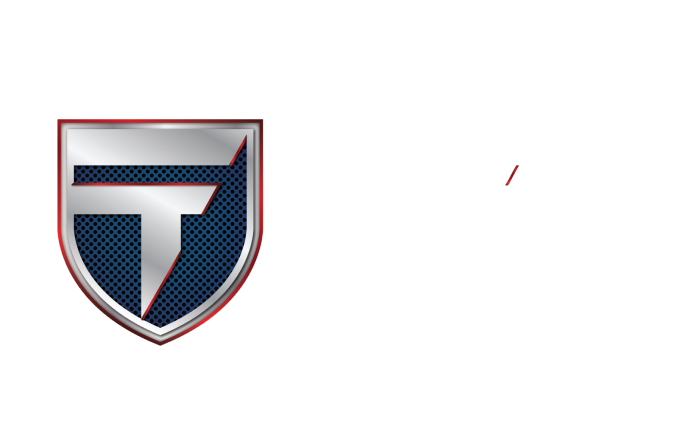When you imagine your future, is the picture looking unclear? Maybe you’re overwhelmed by the number of job options or unsure about the economic outlook. Perhaps you’re already working in one field, but it’s not a good fit, or your advancement opportunities are limited. You’re considering returning to school but unsure if college fits you best. You may have been told to consider a trade career, but you aren’t sure where to start.
What is a Trade Career
A trade career is a job in a hands-on field like carpentry, pipe-fitting, or HVAC maintenance. This type of job might be perfect for you if you’re looking for a well-paying, practical career that allows you to master your skillset and start earning money quickly.
Is a trade career right for you? Read on for four questions to ask yourself.
Do You Enjoy Hands-On and Technical Work?
Does a desk job or a job where days are the same feel sound unappealing or against your work style? You’re not alone. Thankfully, there are careers that fit different types of workers and learners. Many trade careers are hands-on jobs, such as pipe-fitting, electrical, and sheet metal. They’ll keep you active as you move, climb, saw, and weld. You’ll get to work with your hands, measuring and installing equipment and learn how to fix electrical or HVAC problems or fit pipes. If being on-the-go sounds like your speed, a trade career may be right for you!
Do You Want to Start or Change Your Career Quickly?
Not everyone is content to spend two or four years in the classroom. You may be eager to start your career path or have personal or financial reasons to begin sooner. Many students at Florida Trade Academy have families to support and bills to pay while they’re in school. Either way, a trade career can get you trained, certified, and working in your field in less than two years.
Do You Want to Avoid Large Amounts of Student Debt?
The average student borrows over $30,000 for a bachelor’s degree. Although student loans are designed to be paid over ten years, the average graduate takes 20 years to pay off their student loans. Many people graduate, only to find they cannot afford to pay $300-$600 monthly on their debts. As a result, they consolidate their loans, sign up for income-based repayment plans, or even defer their payments during times of hardship. These can all affect the length of time they carry the debt and can increase the amount they pay over time.
Taking on high student loan debt can affect several aspects of your life. For example, it can affect whether you qualify for a mortgage, need to live with roommates, or can afford to start a family. If you already have a family, it can cause unnecessary financial stress.
When you pursue a trade career, the educational costs are much lower, and you can start earning money as part of your training or certification. At Florida Trade Academy, we also offer scholarships and payment plans to make learning affordable and accessible.
Do You Want to Train for a Specific Career?
Often, people choose a college major based on a subject or field of study they’re interested in. Unfortunately, their degree may not match a specific career when they major in a broad subject area. They may graduate with their degree, having learned a lot over four years, but they still need to learn additional skills or gain experience to get the job they want. Some get to graduation day, having spent tens of thousands of dollars, and still don’t know what they want to do.
With a trade career, this won’t be a problem. You can choose your career path based on your interests and goals and dive in head-first. You’ll learn the academic and practical skills needed and gain experience via an internship or apprenticeship.
Contact Florida Trade Academy to Learn More
You may be well suited for a trade career if you’ve answered yes to these questions. At Florida Trade Academy, we will help you establish the right career path for you. We’ll also ensure that you gain experience and certification. Contact us today to learn more about our current and upcoming programs.


